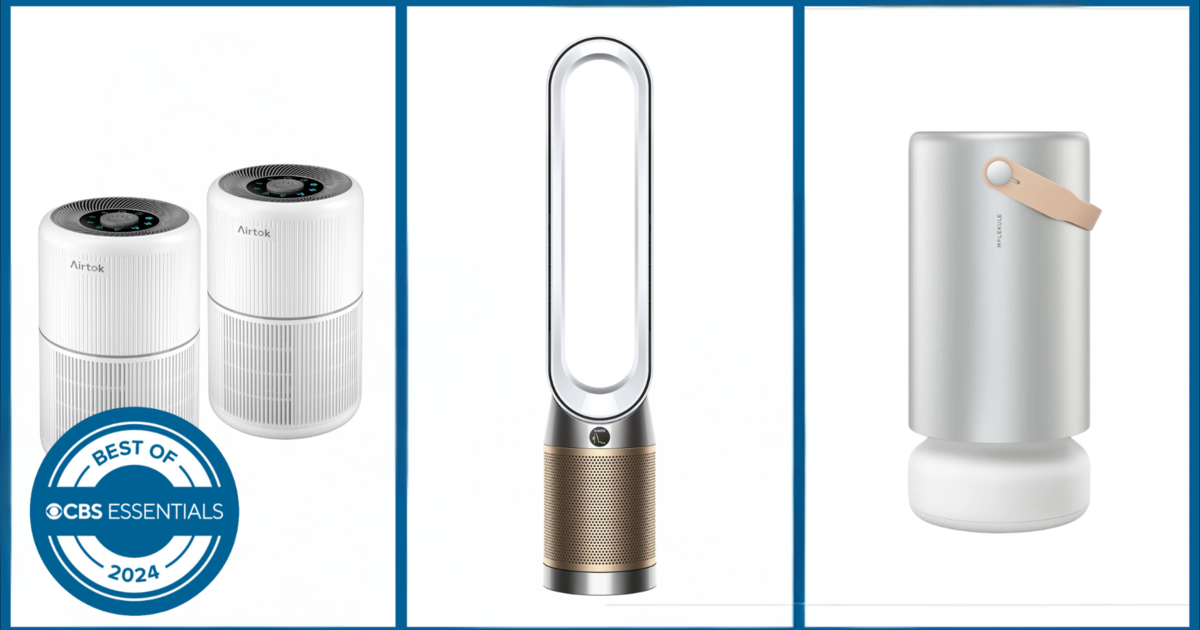Women in the U.S. now constitute almost 6 in 10 college graduates and half the labor market, yet many continue to experience bias and other headwinds in the workplace, including a rate of sexual harassment that hasn’t improved in five years, according to a new study from consulting firm McKinsey and advocacy group Lean In.
The groups’ “Women in the Workplace” report, which is marking its 10th year of publication, finds that while women in Corporate America have made some gains, there has also been a remarkable lack of progress on a number of fronts, from rates of early career promotion that have continued to lag men’s to widespread sexual harassment.
The research provides a sober assessment of the challenges that remain after years of efforts by women’s advocates, corporations and the #MeToo movement to improve the workplace for women. At the same time, a recent push against diversity, equity and inclusion (DEI) initiatives threatens to derail the progress women have made climbing the ladder.
“I would call it a mixed scorecard for Corporate America,” Rachel Thomas, the co-founder and CEO of Lean In, told CBS MoneyWatch. “The fact that there has been a decline in commitment to gender and racial diversity has been concerning — we need [corporations] to lean into the momentum, and they are at risk of stepping back.”
Recently, major companies including Ford Motor, Lowe’s and John Deere have retreated from diversity in the face of conservative criticism.
The new study found a growing gap between young men and young women when it comes to prioritizing gender and racial diversity, with only 4 in 10 men under 30 currently supporting these efforts, down from about half of young men in 2019. About 7 in 10 young women support prioritizing diversity, little changed from five years ago, the study found.
“There is a pushback in the zeitgeist about diversity equity and inclusion,” Thomas said.
Sexual harassment remains widespread
The findings also show that sexual harassment remains commonplace in Corporate America, with about 40% of working women experiencing such treatment during their careers, ranging from sexist jokes to having obscene comments directed toward them, the study found.
Women under 30 were just as likely to have experienced sexual harassment as women over 30, a finding that signals the issue hasn’t diminished in scale over the past several years, the study noted.
“We don’t see movement with young women in how frequently they describe experiences of sexual harassment in relation to their older peers,” Alexis Krivkovich, senior partner at McKinsey, told CBS MoneyWatch. “It’s incredibly troubling.”
Sexual harassment remains persistent despite the rise of the #MeTo movement in 2017, with a number of prominent women coming forward to disclose the abuse they had endured at work and demanding changes in the workplace. Still, only about half of women today express confidence that their employers would effectively deal with harassment if they reported it, little changed from 2018, the study noted.
“The fact that women are so concerned that if they reported it, it wouldn’t be effectively managed likely leads to a number of incidents not being accounted for,” Krivkovich said.
“Women have stayed ambitious”
Despite these obstacles, women have made gains entering corporate leadership roles, Krivkovich said. For instance, women now make up 29% of C-suite roles, or top executive positions such as chief executive or chief financial officer, up from 17% in 2015, when the Women in the Workplace report debuted.
“We know women have stayed ambitious over the last 10 years despite all the headwinds,” Thomas said.
But, Krivkovich added, “when we get under the hood, it’s clear those gains are really fragile.”
For one, women are still stumbling on the “broken rung,” or failing to get a promotion out of their entry-level jobs at the same rate as men, the study found. For every 100 men who were promoted to a manager role in 2024, 81 women were elevated — little changed from the 79 women who got a similar promotion in 2018, the study found.
Young women are most at risk of suffering from ageism, with older managers biased against them because they are seen as lacking experience, while young men are often judged by a different yardstick, Thomas and Krivkovich said.
“We know from social science research that we promote men on potential and women on prior experience,” Thomas said.
While corporations must make changes to ensure that women are given the same opportunities as men, such as by implementing blind resume reviews where the applicants’ genders or identities are hidden from managers, women can also take some steps to help themselves, Thomas and Krivkovich said.
“Don’t sit back and wait for things to unfold organically in terms of your sponsorship, your mentorship network, the presumption of your ambition and the opportunities that come your way,” Krivkovich said. “For all those things, you have to play a proactive role.”
#Sexual #harassment #common #today #women #workplace #years #study #finds




